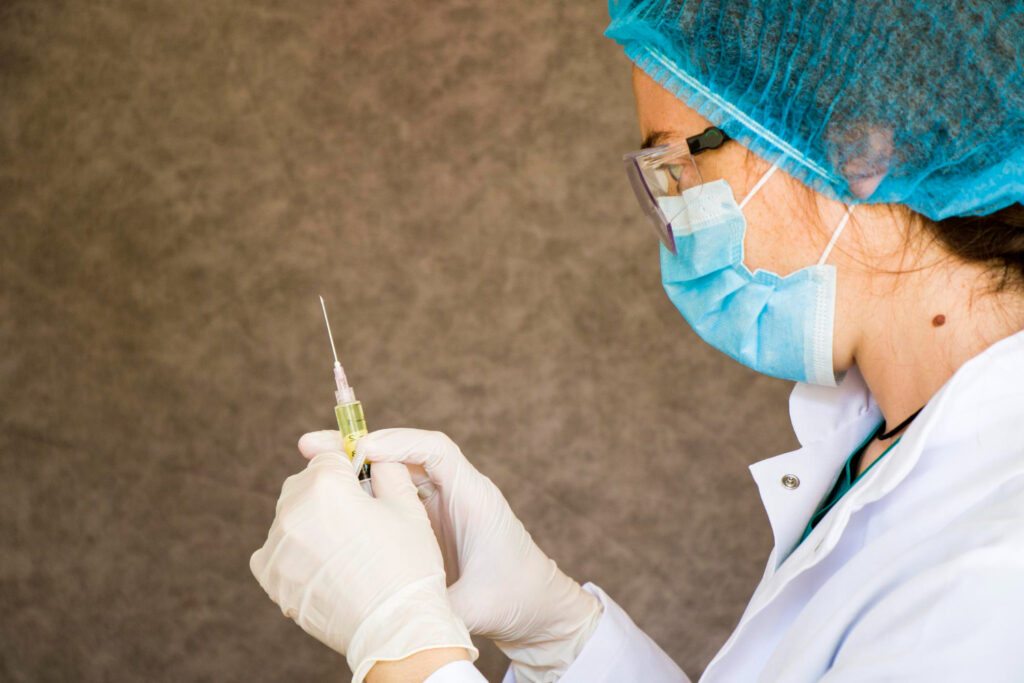CONICET team develops preventive nasal vaccine against Chagas disease

Científicos del CONICET y la UNL trabajan en un prototipo de vacuna nasal preventiva contra el Chagas, con resultados alentadores en etapa preclínica.
Researchers from CONICET and the National University of the Litoral (UNL) are working on an innovative preventive vaccine for Chagas disease, a parasitic illness that affects millions of people in Latin America and, in its chronic phase, can cause severe damage to the heart and other organs. Currently in the preclinical stage, this project aims to provide a more accessible, less invasive preventive option that could complement existing treatments.
A nasal vaccine with promising results
The team, led by Ana Rosa Pérez, director of the Clinical and Experimental Immunology Institute of Rosario (IDICER), is designing a prototype for nasal administration. This approach is innovative not only because of its delivery method but also because of its impact: in animal models, it has significantly reduced myocarditis, inflammation, and electrocardiographic alterations linked to chronic Chagas disease.
Tackling the chronic stage of Chagas
One of the greatest challenges in treating Chagas is its chronic stage. While drugs like benznidazole and nifurtimox are effective during the acute phase, most patients are diagnosed too late, when complications such as chronic Chagas cardiomyopathy (CCC) are already developing. In preclinical trials, the nasal vaccine has shown encouraging results in mitigating long-term cardiac damage, representing a potential breakthrough in preventing severe complications.
Chagas disease as a public health issue
Caused by the parasite Trypanosoma cruzi, Chagas is primarily transmitted by the kissing bug (vinchuca). In Argentina, it remains endemic in northern and central regions but has also spread to urban areas due to internal migration. In its chronic phase, the disease primarily affects the heart, leading to heart failure and sudden death. Current treatments are limited, and late diagnosis reduces their effectiveness, reinforcing the urgent need for preventive strategies.
Why a nasal vaccine matters
The nasal delivery system offers several advantages: it is non-invasive, does not require injections, and may be more easily accepted in large-scale vaccination campaigns. By preventing disease progression in its earliest stages, it could drastically lower the risk of irreversible damage. Although sterilizing immunity (complete parasite elimination) has not yet been achieved, the vaccine has demonstrated the ability to reduce both acute and chronic effects.
Future outlook
This preventive vaccine is not designed for patients already suffering from advanced disease but to protect those at risk of infection. At the same time, researchers are exploring a therapeutic version for individuals in the indeterminate chronic stage, with the goal of preventing myocarditis and other complications.
The road to availability remains long, requiring more funding and extensive clinical trials. However, if effectiveness is confirmed in future phases, this vaccine could mark a turning point in the fight against Chagas, improving the quality of life for millions across Latin America.








